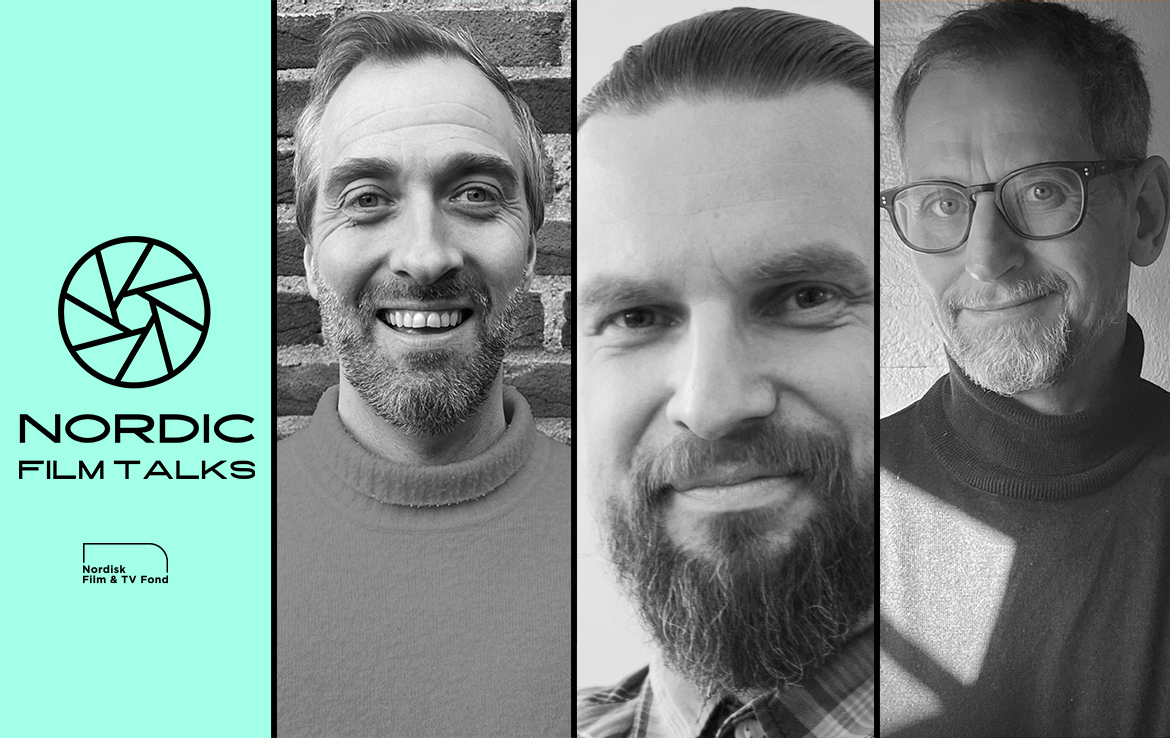
Nordic Film Talks: Emilie Blichfeldt and Maria Ekerhovd on The Ugly Stepsister
As The Ugly Stepsister premieres in Sundance, the ambitious Norwegian debut film’s writer/director and veteran producer discuss financing and adding feminist body horror to the classic Cinderella fairytale.



